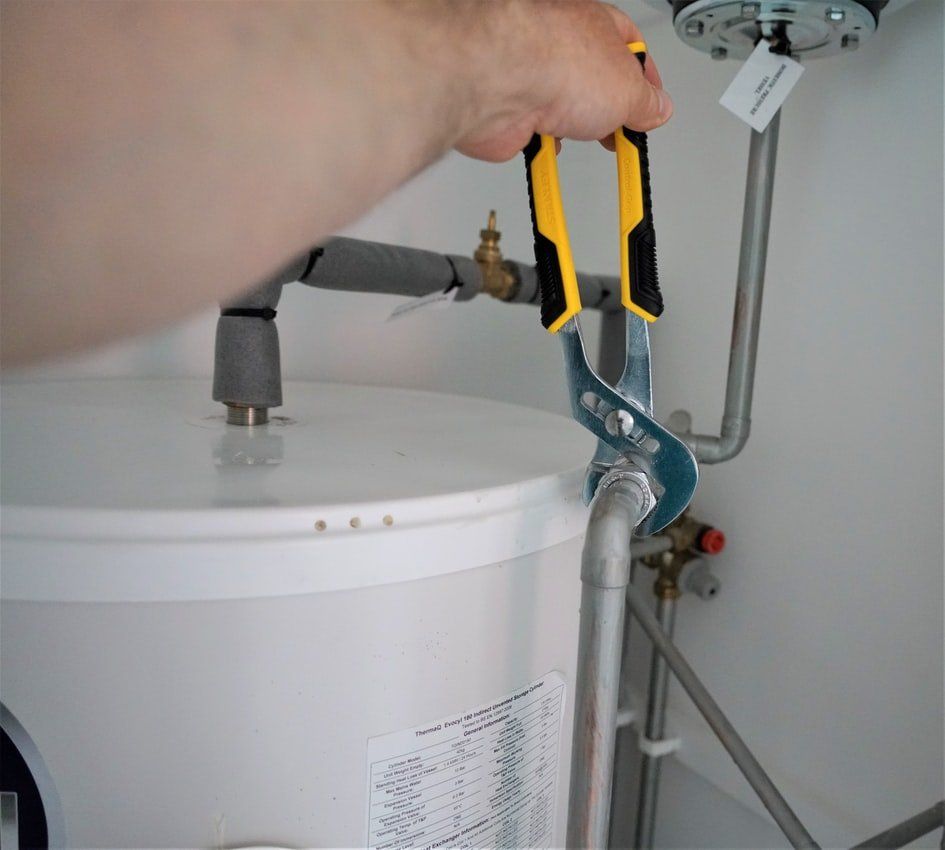The Types of Plumbing Repairs You Shouldn’t Try Yourself

There are times when people may try to save money by attempting to fix their broken pipes. There may be nothing wrong with that if they are experienced enough to handle it, but for beginners, taking on such a task may end up being disastrous. The thing is, you may not be able to manage your plumbing concerns all the time, as there will definitely be some damages that are best left to the professionals.
If you are curious to know what types of plumbing repairs you should avoid fixing by yourself, look no further than our examples below.
1. Burst Pipes
The one type of pipe you would want to leave in the hands of experts is the burst pipe. The reason? The pipes contain highly pressurized water. If you try to tamper with it, you could easily be exposed to it, which can be highly dangerous.
All you need to do if you discover a burst pipe is to shut off the water. Otherwise, you can also call for a professional plumber.
2. Leaking Pipes
Of course, a leaky pipe is a very easy problem to solve, but things can go downhill quickly with a leathery pipe. This is due to the sheer amounts of water that can leak at one time.
Luckily, you do not even have to worry about it, as this is one of the easiest tasks that a plumber may handle.
3. Toilet Issues
A toilet bowl may be one thing you don’t want to fix on your own if you don’t have any prior experience, as it is a lot more complicated than it looks.
First of all, there is not much you need to adjust with a toilet bowl, but you do need to know how to deal with certain problems, such as clogs. If you can’t seem to get a plunger to work, you might need to get a professional plumber to help you out.
4. Frozen Pipes
A frozen pipe is one of the worst problems you can have in your home. Plungers and buckets alone will not be able to fix it. For this reason, you need to call for a professional to take care of this for you.
5. Hot Water Heater
Besides the huge pressure inside the pipes, you wouldn’t want to get exposed to the hot water running through it as well. Fortunately, this is one of those plumbing concerns that people often really call a plumber to handle, knowing all the risk that goes with it.
6. Clogged Drain
There is no way to get a clogged drain to unclog itself. All you need to do is to get a plunger, but even this may not do the trick all the time. It will not do you any good to keep plunging the drain if it does not unclog itself after all.
7. Frozen Faucet
Just like frozen pipes, if your faucet is frozen, you will need to call for a professional plumber. Unfreezing the faucet yourself is not the best thing to do, especially if you do not have the right tools or knowledge.
8. Gas Pipes
When you are having issues with your gas pipes, you will need to call for a professional. This is because you need to have a gas certificate to be able to work on it. Without that, there is no way you should try to work on it by yourself.
Conclusion
You may be tempted to try and fix some of your plumbing issues without the help of other people. While this may be great if you have the skills to do so, there will always be some issues that you should leave to the professionals. If you are unsure whether or not to proceed, make sure to consult an experienced personnel first.
At the end of the day, getting a professional plumber to help with your plumbing needs is one of the best decisions you can make for your home. You will never have to worry about any leaks, clogs, or frozen pipes anymore.
If you are looking for all-in-one plumbing services in Birmingham, AL , look no further than our expertise here at All City Plumbers Inc. We offer emergency, commercial, and residential plumbing services that are sure to fix all of your piping problems in no time! Call us today and let us handle your plumbing concerns for you.











